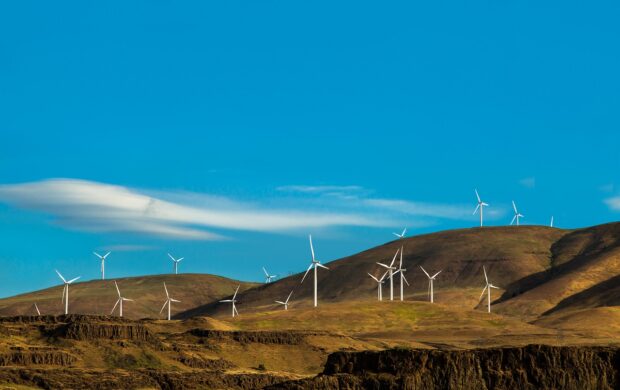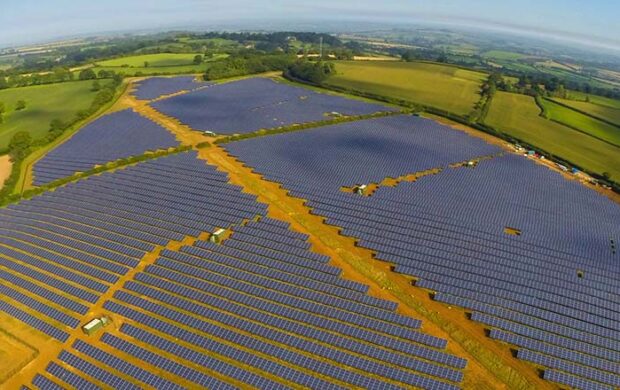Aktivhaus B10 produces double the amount of energy it needs, from sustainable sources, with help from self-learning controls that improve its efficiency over time. Rather than aiming to be self-sufficient and to stay off the grid, the house is designed to share its energy. It uses intelligent building automation and energy management systems to communicate with neighbouring buildings and power utilities. A fleet of electric vehicles help to maximise its efficiency, minimise energy costs, and shift peak demand, while surplus power is supplied to the poorly insulated heritage buildings in the local neighbourhood.
The Aktivhaus B10 is part of a research project exploring how materials, design and technology can extend home sustainability in an increasingly built-up world. The project is being run by E-Lab Projekt, a subsidiary of the Stuttgart Institute of Sustainability that promotes and develops methods and technologies for sustainable building. With a target of 200% net annual energy production, the Aktivhaus B10 represents a promising new approach to the future development and renovation of our built environment.




